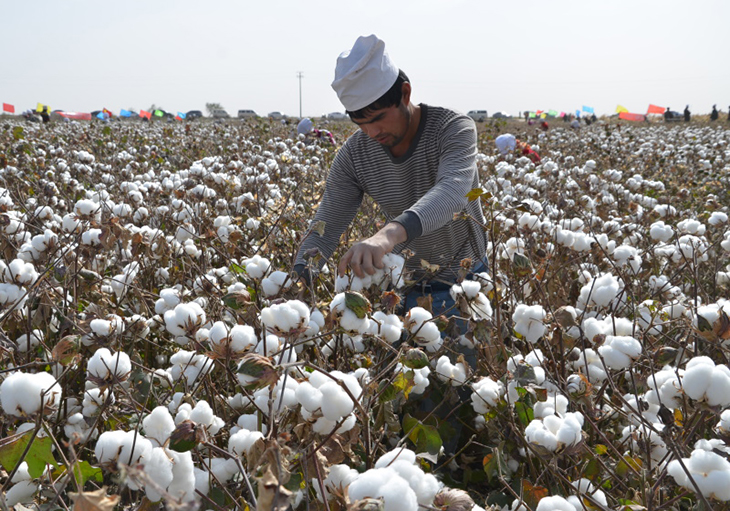
The recent annual impact report released by Better Cotton showcases the remarkable strides made in sustainable cotton farming, especially in India, over the past decade. Regarded as everyone’s favorite fabric, cotton has undergone a significant transformation in terms of sustainability.
This influential report reveals a substantial reduction in pesticide and water usage among Indian farmers affiliated with the Better Cotton Program. The data, spanning from 2014 to 2022, indicates an impressive 53% decrease in overall pesticide use and a corresponding 29% drop in water usage for irrigation. This positive shift can be attributed to the diligent efforts of almost a million farmers enrolled in the Better Cotton Program.
One of the key success factors has been the adoption of Integrated Pest Management (IPM) techniques, facilitated through comprehensive training sessions. These initiatives led to a drastic decline in the use of highly hazardous pesticides (HHPs), plummeting from 64% to a mere 10%. Particularly noteworthy was the sharp decrease in the usage of Monocrotophos, a pesticide classified as highly toxic by the World Health Organization, dropping from 41% to an impressive 2%.
In addition to the environmental benefits, the report highlights the substantial economic improvements for farmers. The costs incurred per hectare of land reduced significantly by 15.6%. This reduction was driven by decreased expenses in land preparation and fertilizers. Notably, Better Cotton Farmers achieved an average cotton lint yield of 650 kilograms per hectare in 2021, surpassing the national average by 200 kilograms per hectare.
Furthermore, this report underscores the organization’s strategic shift from expansion to consolidating its impact. By celebrating these achievements and identifying areas that require further attention, Better Cotton aims to continue making a positive difference in the lives of cotton-growing communities.
India, where Better Cotton initiated its operations in 2011, has emerged as a pioneering force within the global organization. Through sustainable practices and community-focused initiatives, the country has not only set an inspiring example but has also become an integral part of Better Cotton’s mission to revolutionize cotton farming worldwide.
“We’re buoyed by the results in this Impact Report, which demonstrate the environmental, social, and economic benefits of Better Cotton production, and remain committed to driving further improvements at the farm-level,” said Alan McClay, the CEO of Better Cotton.
The Better Cotton Standard has led to significant progress in the global cotton industry, with more than 20% of the world’s cotton now cultivated under its guidelines. Across 23 countries, 2.9 million farmers have been trained in sustainable farming methods, and 2.2 million of them have obtained Better Cotton licenses, marking a substantial stride toward sustainable agriculture.
“We have united the industry’s stakeholders behind our efforts, from ginners and spinners to brand owners, civil society organizations and governments. Everyone who cares about cotton and its sustainable future can now be part of something better.”
What are your thoughts? Please comment below and share this news!
True Activist / Report a typo


